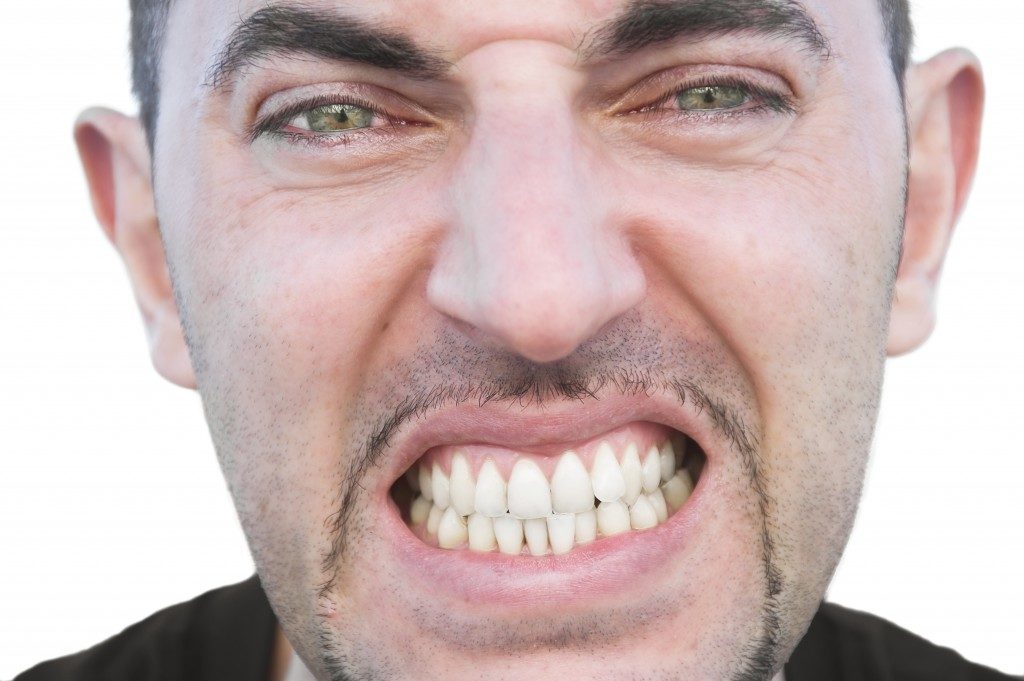A children’s dentist in Riverton can do more than filling holes or cleaning teeth. They can also help treat conditions that can have a significant impact on oral health. One of these is bruxism.
What Is Bruxism?
Bruxism is only another name for teeth grinding, although it may also refer to teeth clenching and gnashing. It is involuntary, and the person may not be aware they are already doing it. It can also occur during sleep.
Because it can happen while a person is asleep, they may not be aware they are already suffering from it, but there are telltale signs. These include the following:
- Tensed or painful jaw
- Toothache and earache
- Waking up feeling tired, dizzy, and not refreshed
- Clicking sound of the teeth
- Dry mouth
If a person is sleeping with another, perhaps a spouse or a sibling, and the other is a light sleeper, that person may be able to recognize the other as grinding their teeth. They can hear the sound of it.
Why Does Bruxism Occur?
The exact cause of the condition is still unknown, but there are risk factors. For the young ones, it has something to do with anxiety and stress. In fact, it is responsible for about 70% of the cases.
The relationship between the two is not clear, but it is possible that teeth grinding is merely a manifestation of the levels of anxiety or stress. It’s similar to heart palpitations or the tensing of the muscles when one feels it is under attack or distress.

The other reason is malocclusion or, in layman’s terms, misalignment of the teeth. Consider it as an effort of the mouth or the jaw to achieve alignment. When it cannot, it may compel your body to grind the teeth.
Obstructive sleep apnea is also a known risk factor. It is a sleeping disorder characterized by periods of interrupted breathing. It happens when the throat muscles relax, shutting off the airway.
Another culprit is gastrointestinal acid reflux (GERD). The stomach produces acids to help digest the food. Sometimes, though, the acids can travel past the lower part of the esophagus, creating a burning sensation on the throat. If it happens at night, it’s possible that bruxism or teeth grinding is one of the body’s mechanisms to prevent that by tensing the jaw.
What Are the Effects of Bruxism?
Bruxism can lead to many oral problems, especially among children. For one, it may lead to worse misaligned teeth. It can also result in temporomandibular jaw (TMJ) disorder, which can be painful or debilitating. Both can affect the speech and eating habits of the kids. It can also increase the risk of gum disease, which is not associated with disorders such as cancer and Alzheimer’s disease.
Bruxism can disappear over time. For children, it can stop as soon as they start losing their baby teeth. In some cases, they continue or recur. The best strategy is to identify its root cause and correct it. For example, if it’s malocclusions, children may wear orthodontic appliances. If it’s sleep apnea, reducing the risk factors such as obesity or wearing positive airway pressure (PAP) devices can help. Regardless, since it affects the teeth, in particular, and oral health, in general, one should see a dentist ASAP.

